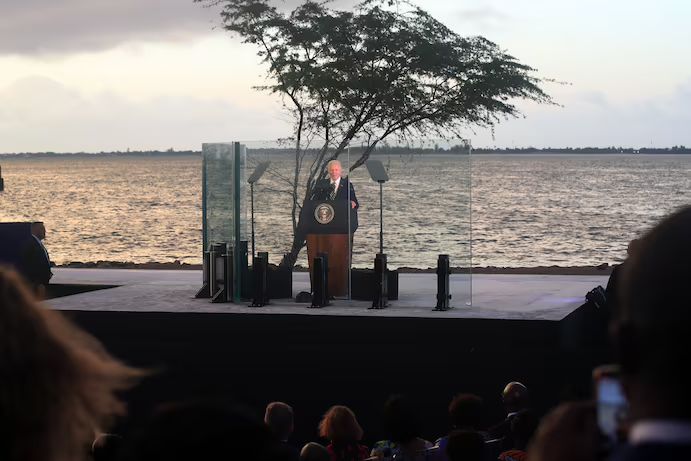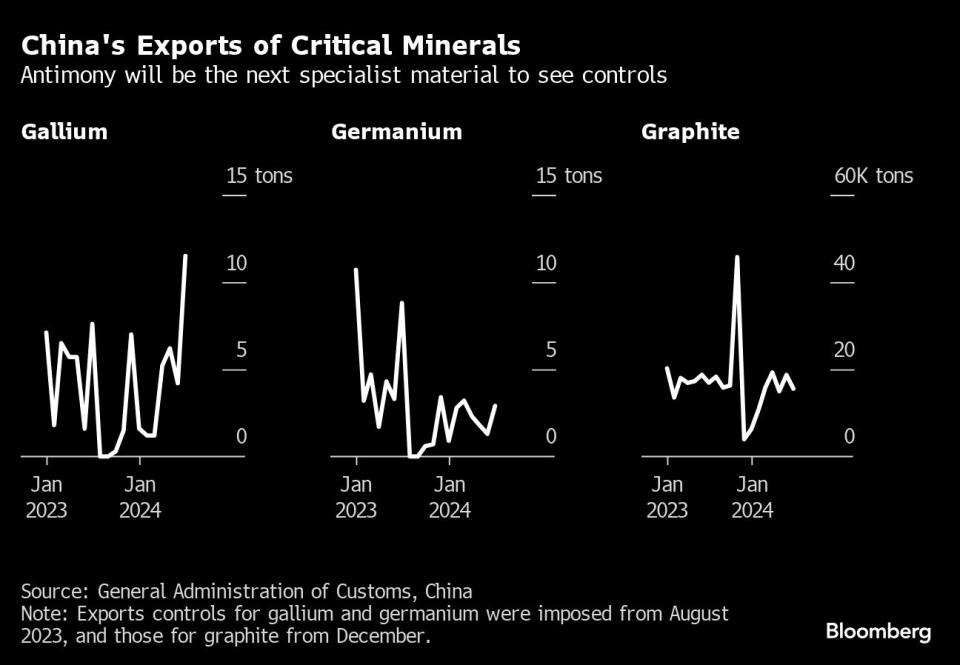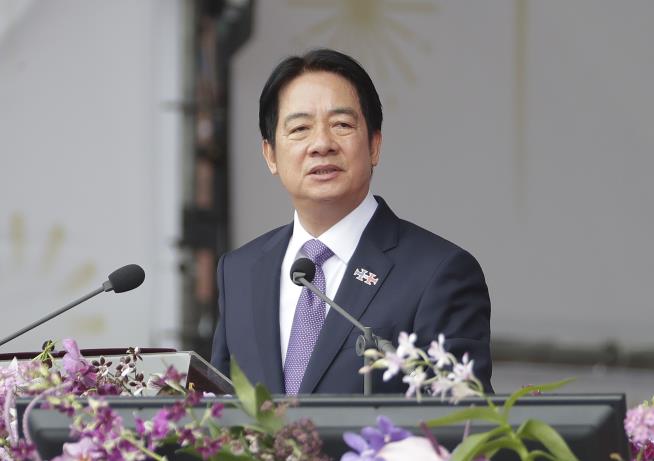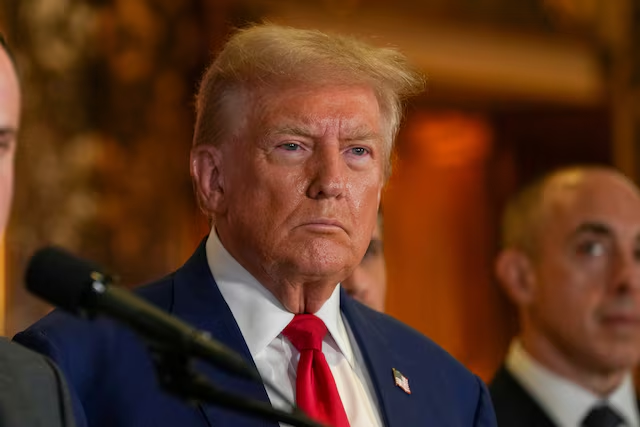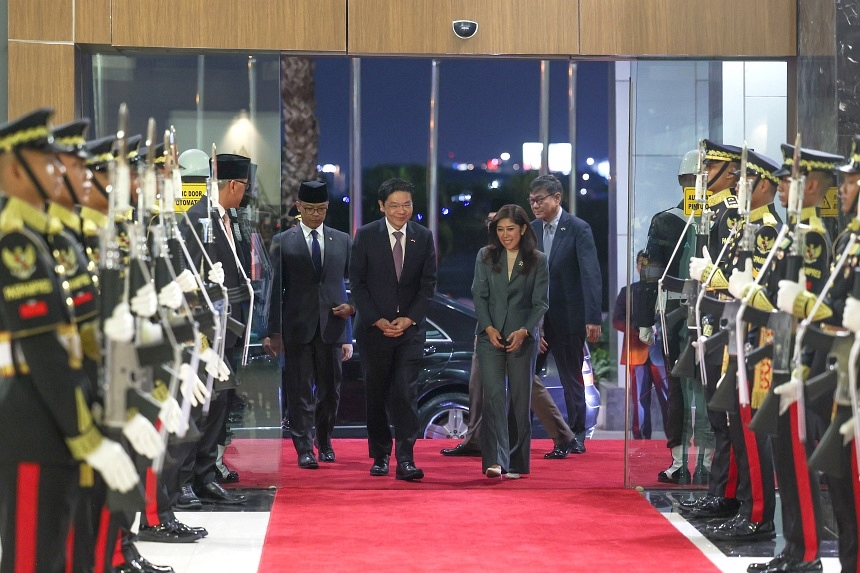China’s Foreign Minister Visits Africa as Western Focus Wanes
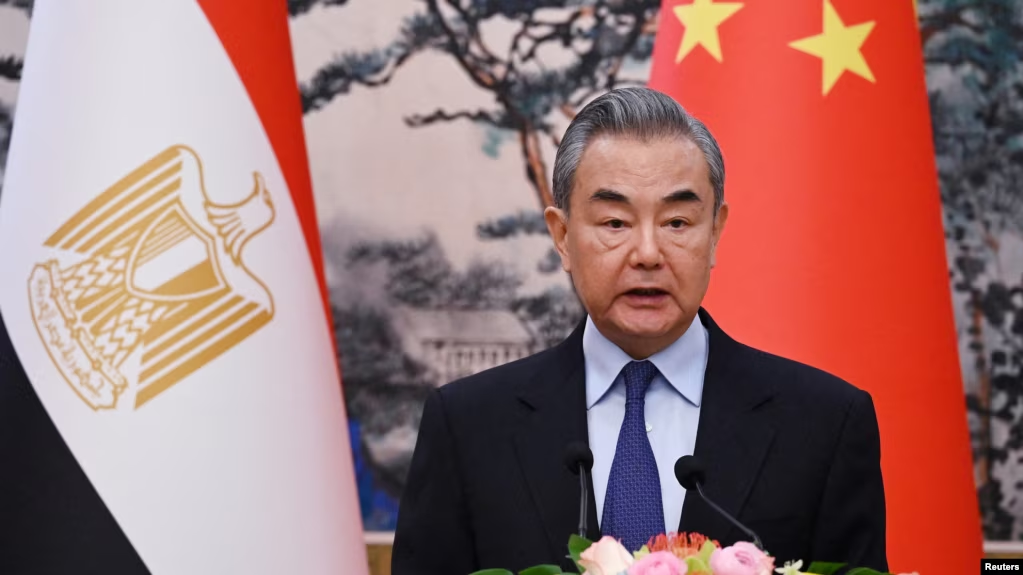
In a strategic move that underscores China’s growing influence in Africa, the country’s top diplomat, Wang Yi, is set to embark on a high-profile tour across the continent. This diplomatic mission comes at a time when the West’s focus on Africa appears to be waning, raising questions about the shifting dynamics of global geopolitics and China’s expanding role in the region.
Strengthening Ties with Africa
Wang Yi, China’s Foreign Minister and a seasoned diplomat, is expected to visit several African countries in the coming weeks. His trip is seen as part of China’s broader strategy to bolster economic, political, and cultural ties with the African continent. China has long positioned itself as a key partner for Africa, offering significant infrastructure investments, trade partnerships, and development aid.
Over the last two decades, China has emerged as one of Africa’s largest trading partners, surpassing traditional Western powers in areas like trade volume, infrastructure projects, and foreign direct investment (FDI). The trip highlights China’s intention to deepen these relationships further, ensuring that its influence remains strong as the West’s focus on Africa appears to diminish.
Shifting Geopolitical Focus
For years, Western nations, led by the United States and the European Union, have been deeply involved in Africa, focusing on humanitarian aid, democracy promotion, and counterterrorism efforts. However, recent geopolitical shifts, such as the ongoing war in Ukraine and economic crises, have resulted in a shift in priorities. This has inadvertently allowed China to step into the gap left by waning Western attention.
China’s approach to Africa differs significantly from that of the West. Beijing focuses primarily on trade, infrastructure, and investment, offering loans and construction projects under initiatives like the Belt and Road Initiative (BRI). These efforts are seen as mutually beneficial, with Africa gaining much-needed infrastructure while China secures vital access to natural resources and markets.
Wang Yi’s tour is expected to focus on reinforcing these economic ties, particularly in sectors like mining, energy, and telecommunications. However, his agenda will also cover issues such as political cooperation, security partnerships, and the ongoing fight against the COVID-19 pandemic, in which China has provided significant vaccine donations to various African nations.
The Strategic Importance of Africa
Africa’s strategic significance is growing as the continent continues to expand economically and holds a wealth of natural resources, from oil and gas to critical minerals used in technology production. China’s investments in these sectors have bolstered its economic rise, while also positioning Beijing as a key player in Africa’s future growth. China’s role in Africa also supports its broader ambitions of reshaping the global order and establishing itself as a leader in the Global South.
As the West grapples with its own internal crises and shifting foreign policy priorities, China has seized the opportunity to strengthen its ties with African nations, which are increasingly seen as vital partners in global trade and development. Wang Yi’s tour is not only about maintaining China’s foothold in Africa but also signaling to the West that Beijing is a formidable player in the region and beyond.
Concerns Over Debt and Dependence
While China’s growing presence in Africa is widely welcomed for its economic benefits, concerns have been raised about the potential long-term consequences of Chinese loans and infrastructure projects. Critics argue that many African nations are increasingly dependent on Chinese financing, potentially leading to unsustainable debt levels. The “debt trap” narrative has been pushed by Western analysts who suggest that China may use its financial leverage to gain strategic control over key infrastructure and resources.
However, Chinese diplomats have consistently dismissed these concerns, emphasizing that their investments are based on mutually agreed terms and are aimed at promoting long-term development. Wang Yi’s trip is expected to include discussions on debt sustainability and reaffirm China’s commitment to supporting African countries in a way that respects their sovereignty.
The Changing Role of the West
The West’s diminishing attention to Africa is also linked to changing global priorities. With the rise of China as a global economic and political power, Western countries, particularly the United States, have turned their focus to other regions like the Indo-Pacific, as well as domestic concerns like inflation, political division, and the aftermath of the COVID-19 pandemic. The war in Ukraine has further drained Western resources and attention, leaving Africa with less focus from Western governments and institutions.
At the same time, Russia’s influence in parts of Africa has also been growing, creating an additional competitive dynamic in the region. While the West has been slow to react to China’s growing influence, many African nations have seen the benefits of diversifying their partnerships and are eager to engage with China’s robust offerings.
Looking Forward
As Wang Yi’s diplomatic tour progresses, it will be closely watched by global analysts and policymakers. The trip marks a significant moment in the evolving relationship between China and Africa, one that is likely to shape the continent’s future economic trajectory. With the West’s attention on Africa dwindling, China’s role as a key partner is poised to grow even further, cementing Beijing’s position as a dominant player on the global stage.
The trip is also a reminder that geopolitics are shifting, and the future of global influence may no longer rest solely with traditional Western powers. Instead, Africa’s rising economic importance, coupled with China’s ambitious plans, is reshaping the contours of international relations in ways that will be felt for years to come.


